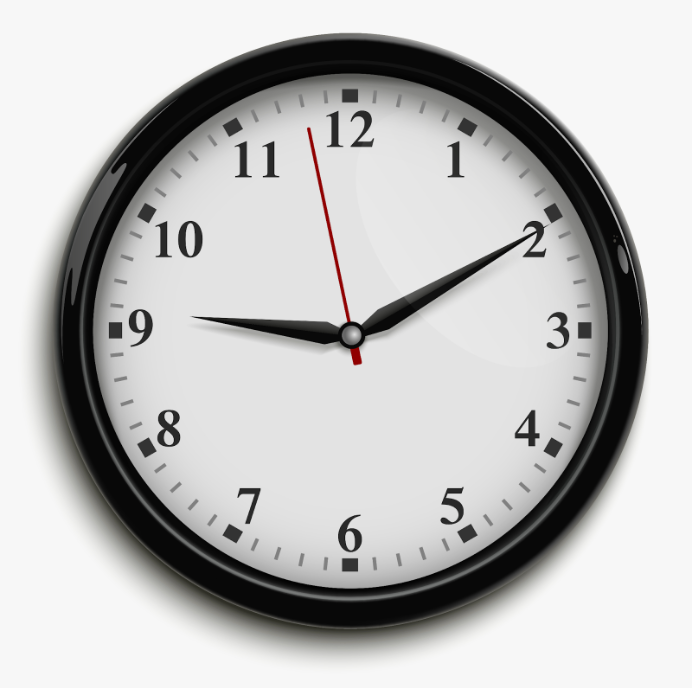In Defense of Pt. 2: Writing Bad, Emo, Sappy Poetry
- Noelani Mitchell

- Apr 11, 2022
- 4 min read
Updated: May 15, 2022
Recently I've come full circle in what I’d like to acknowledge as one of the most influential steps in my maturity so far. I would bet real money that nearly everyone has a piece of poetry/writing that they wrote in middle school, whether assigned or by their own volition, that just perfectly encapsulates the angst of peak-pubescent self depreciation. I’ll go ahead and admit that I have quite a few of them, in fact, an entire journal full.
As years passed I’d periodically unearth this journal from beneath my bed or a packed box, relive the drama, seal it from my reality and the piercing judgment of God, then shove it back into the abyss hoping it would eventually poof out of existence. However, despite the visceral embarrassment it brings me, I can’t quite bring myself to throw it away.
I don’t know what compels me to keep it; it's nothing I could ever share without receiving relentless mockery, nor was it quality writing that even I could pitifully admire. I hate it, but it still sits with me, right behind my headboard. Almost as if its sentimental value increases the more I resent its creation, it represents growth to me. If not a painfully emo bright blue journal of poems and sketches to represent my 13 year old self, then what? Certainly not pictures from that year, those can stay hidden forever please and thank you. I like to view it as a crude shrine to myself, whether it be a former self or a piece of me that still remains today. Not too long ago, completely on a whim, I started to add to it again.
Now I’m here to defend writing bad poetry as one of the best self-soothing therapy methods (way up there with crying in the shower and weighted blankets in my opinion) for the sake of self-forgiveness and regaining power over your own emotions.
Let’s begin on the topic of self-forgiveness. If you’re someone who’s proud of the person you were in middle school, I envy you deeply. That’s honestly a talent. For those of you on the flip side of that mindset: I am RIGHT there with you. The process of moving on from past embarrassment while trying to maintain respect for your own history/growth is incredibly complicated, and it takes a difficult amount of forgiveness. You naturally want to forget everything you had said, done, or thought, believing that you’re incomparably better now; but, you have to remember that you were really just a kid. This is taking a deeper route than I anticipated, but truly, in a strange paradoxical way, real growth stems from realizing that you will always be you, and you can’t abandon that.
Taking that philosophy into consideration, I learned to accept all of that embarrassing middle school poetry as a genuine and admirable part of me. Sure it’s poorly written and often over exaggerated, but at the time it really was special to me. It was vulnerable and relieving, and to be able to look back on that now is somewhat of an honor. In summary, respect yourself. Love that in times of need you allowed your creativity to rise over those foreign and incredibly scary emotions. It's not the end of the world that you wrote down silly poems, rather, it's truly beautiful.
In healing through the benefits of that forgiveness, I began to apply that same mindset to my life presently.
Instead of wallowing in anxiety, depression, etc, I just let myself write it out, just like in the good ol’ days. I found that even though I spent years condemning it, it still provides that same spiritual comfort. Of course other things, like my writing quality or overall cohesivity, barely changed as well, but that's where the forgiveness comes in. In a state of distress, allow yourself to be imperfect, and most importantly try to avoid criticizing yourself for that imperfection. Especially with art, what matters most is that you are able to express something real, something raw. If that something seems aesthetically unappealing, that's totally fine! No one else in the world is entitled to seeing it. Keep it as a vessel to emotion that seems uncontainable, proving that you do have the strength to know yourself and take back control. This quote from my personal favorite artist/role model Hannah Wilke sums it up perfectly:
“I made myself into a work of art. That gave me back my power as well as my dignity”
In short, writing incredibly sappy poetry is nothing to be ashamed of, nor is it something to judge others for. You may read some works and definitely notice the distinct “style” of preteen angst, but remember that it could mean something much greater that simply wasn't fully conveyed in its delivery. You don’t need seasoned skill to write something meaningful, even more so if that work helps to relieve the pressure of processing heavy feelings. So grab that journal, throw on the crying playlist, and go wild.




Thank you, Noe, for sharing about
Journaling our feelings, self - forgiveness and love
If my middle and high school teachers had encouraged my writing instead of testing me & telling me that I was interpreting poetry "incorrectly" PERHAPS my decade of despair (ages 14-24) wouldn't have been so haunting and confusing
I say Yes to writing as a spiritual practice of wholehearted living!